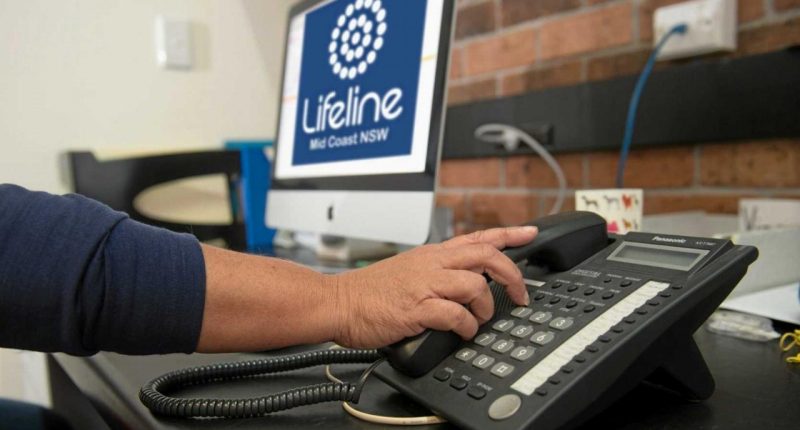- A new report by the Productivity Commission has found mental health issues as a whole cost the Australian economy up to $220 billion a year
- The comprehensive report was commissioned by the Federal Government and examined the effect mental health had on Australians in 2018
- It found around one in five Australians will suffer from a mental health issue or be diagnosed with an illness each year
- However, many of those people will not be able to access the support they need as the services are difficult to navigate and access
- The Prime Minister has welcomed the report and said the 2020-2021 Budget pledged additional funding towards mental health services
Australians suffering from mental health concerns cost our national economy up to $220 billion a year, according to a new report.
The Productivity Commission also revealed those seeking to access mental health services often faced unnecessary barriers.
Mental health cost
The comprehensive report was commissioned by the Federal Government and examined the effect mental health had on Australians in 2018
It found the annual cost to our economy was between $200 billion and $220 billion annually, or one-tenth of Australia’s entire economic production.
The Commission also found investing in mental health services created strong returns, with a 4.2 billion investment to save $20 billion in lost productivity.
“Mental ill-health affects all Australians either directly or indirectly. Almost one in five Australians has experienced mental illness in a given year. Many do not receive the treatment and support they need,” the report states.
“As a result, too many people experience preventable physical and mental distress, disruptions in education and employment, relationship breakdown, stigma and loss of life satisfaction and opportunities,” it continued.
Additionally, it identifies that young people, single parents, the unemployed and Aboriginal and Torres Strait Islanders are more likely to suffer from a mental illness.
Recommendations
Following the detailed analysis of the cost impact poor mental health has on the economy, the Productivity Commissions has made several key recommendations.
These include earlier intervention for patients likely to or already displaying signs of mental health issues as well as improving the experience of those accessing treatments services.
The report also calls on workplaces across Australia to do more to address the issue of mental health and create safer working environments for employees.
Prime Minister Scott Morrison has welcomed the report and said his Government was committed to better funding the entire mental health services industry.
“Another clear finding from the report says that too many Australians are treated too late or, sadly, not at all. Up to half of those who die by suicide have not interacted with the mental health system in the months leading up to their deaths,” he stated in a speech today.
“And finally, the system is too complex and uncoordinated. Our mental health system fails too often because it is too complicated to navigate. And that system is despite the incredible care and efforts of mental health professionals,” the PM added.
Scott Morrison also pledged to continue to increase the funding for mental health services, with $5.7 billion expected to be spent in 2020-2021.







